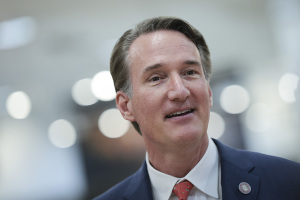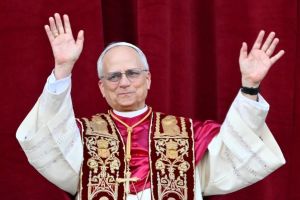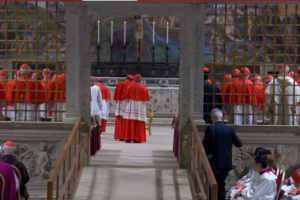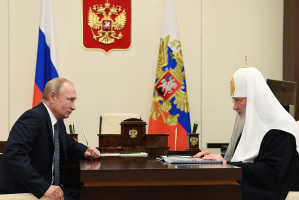PCUSA digitizes records of historic Mother Bethel AME Church

The national archives of the Presbyterian Church (USA) has digitally preserved records of the historic Mother Bethel African Methodist Episcopal Church of Philadelphia, Pennsylvania.
Mother Bethel was originally founded in 1794 by Methodist preacher and former slave Richard Allen, who served as the first bishop of the AME denomination.
The Presbyterian Historical Society, also based in Philadelphia, recently completed their digitizing project, making them accessible here, as part of an overall effort to chronicle African American Christian history.
Margaret Jerrido, an archivist with Mother Bethel, told The Christian Post on Thursday that the project began in 2013, when the materials were first moved over to the Society for storage.
“The Mother Bethel archives was running out of space to receive additional materials and I did a search for an appropriate place to house our materials,” explained Jerrido.
Jerrido noted that the PHS was selected as the location because of various reasons, including its “close proximity” to the historic church, the “humidity and temperature-controlled” environment for the hard copies, and its security.
Presbyterian Historical Society Executive Director Nancy J. Taylor told CP that the digitizing process was with help from a grant from the Pennsylvania Abolition Society that supported the PHS’ initiative to preserve African American history in the area.
“Using the funds, we digitized some Presbyterian records, including records of the first black Presbyterian church in the United States, First African Presbyterian Church of Philadelphia, organized in 1807,” said Taylor.
“But we also knew that there were significant records stored in our building from Mother Bethel AME Church that had not been digitized. We began partnering with Mother Bethel in 2013 to preserve their records in our archives.”
Although part of the PC(USA), the Society has stored documents and records from other denominations and ecumenical bodies like the National Council of the Churches of Christ and the World Council of Churches North American delegation.
However, this project marked the first time that they had digitized the records on behalf of a church belonging to another denomination, with Taylor telling CP that the Society was “honored to have the opportunity to digitize some of the Mother Bethel records stored at PHS.”
“These are significant records for understanding the religious history of Philadelphia and the United States because of Mother Bethel’s national influence inside and outside the A.M.E. denomination,” she continued.
“The records also speak directly to African American history in Philadelphia and the broader United States. And making these records available in digital form opens up access to researchers interested in the pastors, lay leaders, and congregants who attended Mother Bethel during the date span of the digital collection, 1848-1982.”





























